Delta Air Lines recently faced criticism after staff removed a passenger from a Boston-bound flight due to a severe shellfish allergy. Frequent flier Ellie Brelis, a Delta rewards credit card holder, encountered distress when she alerted the crew about her life-threatening allergy. While boarding her flight from Los Angeles International Airport to Boston Logan International Airport, she informed the cabin crew of her condition. Unfortunately, the crew cooked shellfish in first class, which raised immediate concerns.
As Brelis explained her situation, a flight attendant became alarmed. The crew quickly escalated the matter and created significant commotion. The attendants could not prevent shellfish from being served, even though Brelis did not sit in first class. Consequently, a Delta medical representative intervened and asked her to leave the aircraft.
Brelis’s luggage remained on the flight, but the airline rebooked her on a later Delta service. Unfortunately, this new flight also did not guarantee a solution against shellfish being served. In fear, Brelis worried about missing her doctor’s appointment the next morning. To resolve her predicament, she purchased a last-minute ticket with JetBlue. Despite her efforts, she received no refund for her Delta flight and felt uncertain about flying with the airline again.
Brelis expressed concerns about what she could do differently to avoid such incidents. Delta Air Lines has not yet responded. However, the airline emphasizes the importance of notifying passengers with allergies. They encourage travelers to fill out a form and contact accessibility services before flying, which Brelis did.
Airlines typically create a safe environment for passengers with severe allergies. They often avoid serving common allergens, such as peanuts, on flights. However, due to mass food production, airlines cannot guarantee a completely allergen-free environment. Nevertheless, they can establish a personal buffer zone around passengers with declared allergies. When cabin crew members receive allergy notifications, they ask nearby customers to refrain from eating allergen-containing products onboard. While not all airlines implement full aircraft buffer zones or make general announcements, many worldwide inform passengers if someone with allergies is onboard.
Ultimately, incidents like this underscore the importance of airlines recognizing passenger allergies. They highlight the need for better communication and protocols to ensure the safety of all travelers. Lastly, don’t forget to check WentWorld.com and follow our social media channels for ultimate travel tips and destination guides.
Related stories:
Catch up on the top stories and travel deals by subscribing to our newsletter!

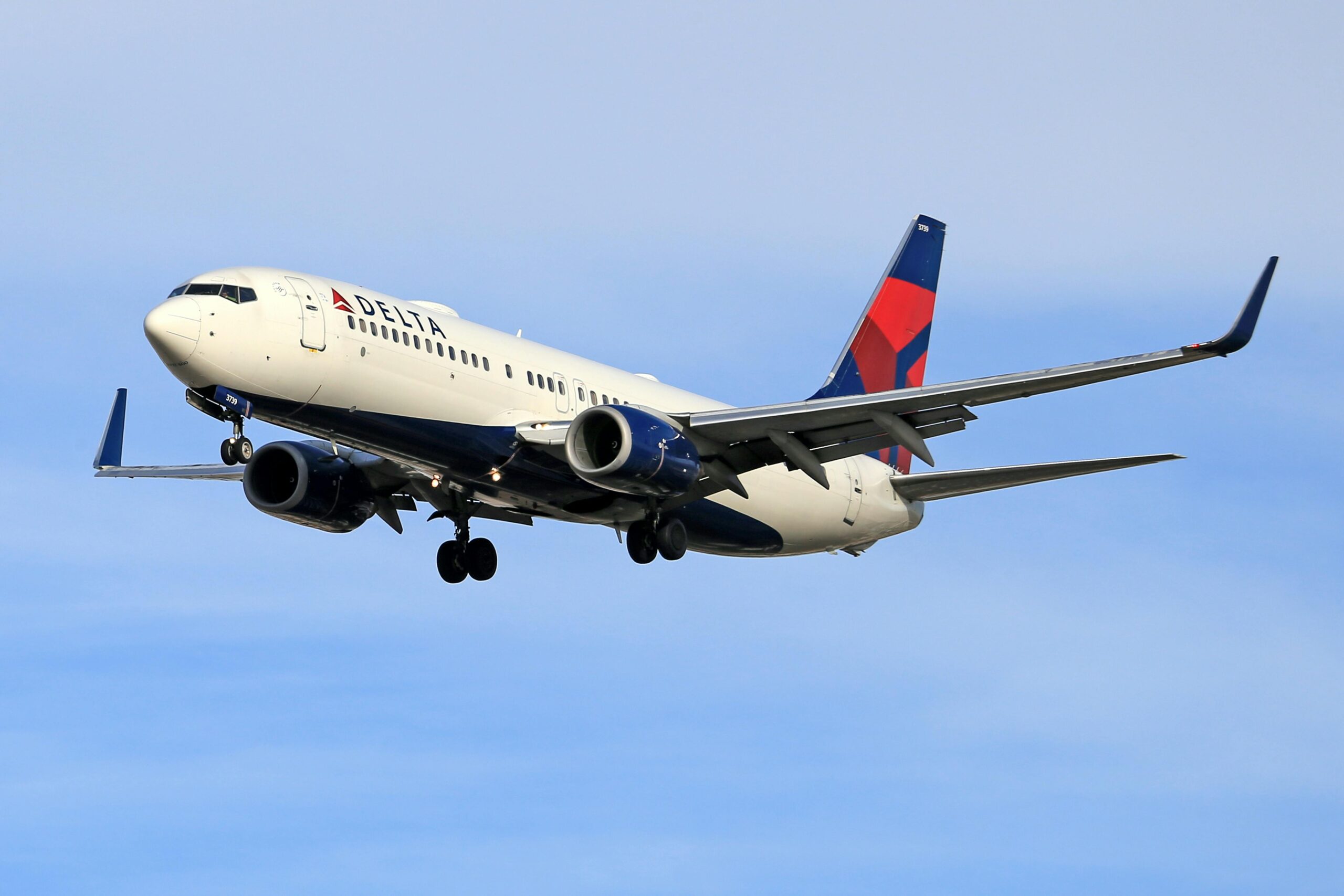

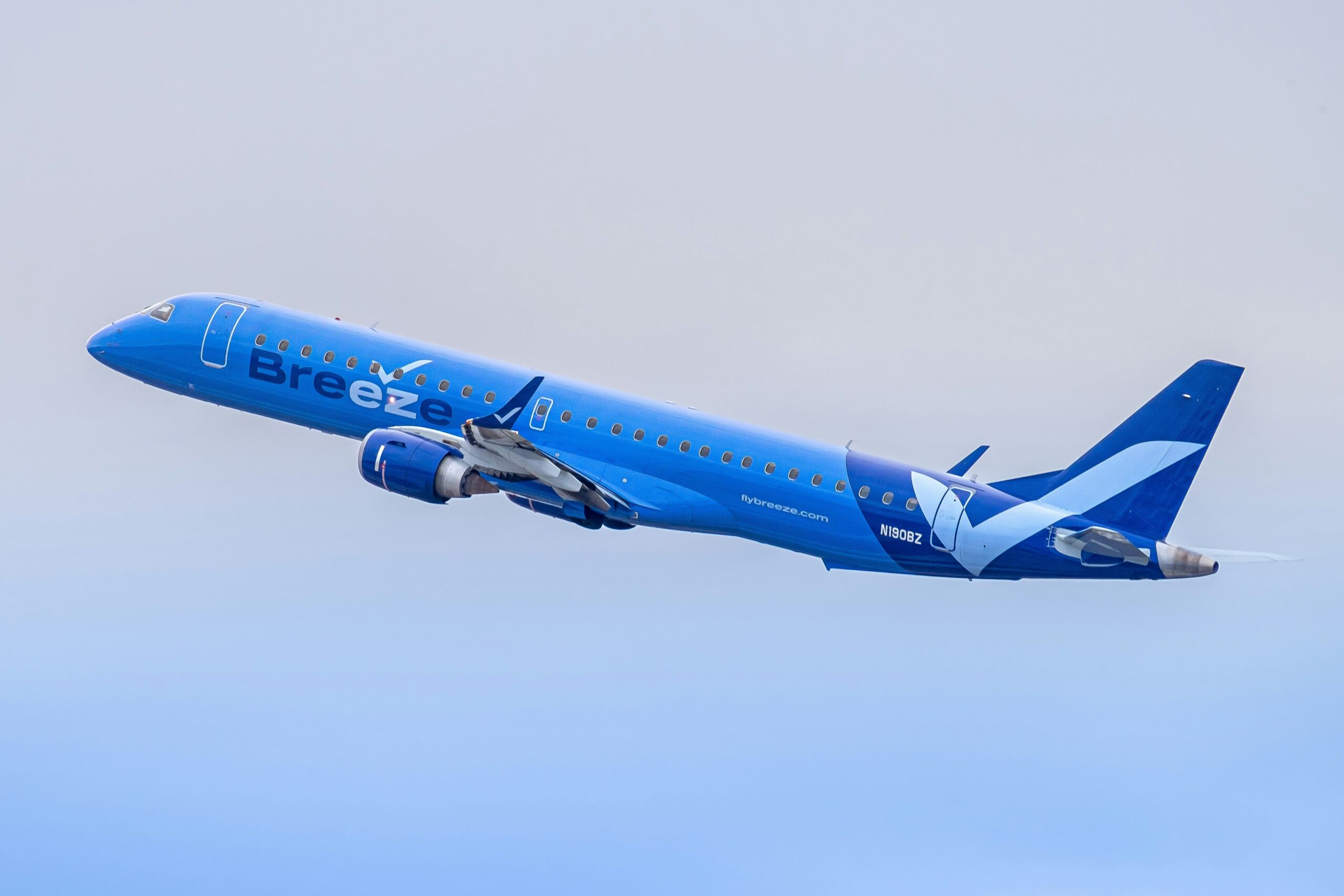
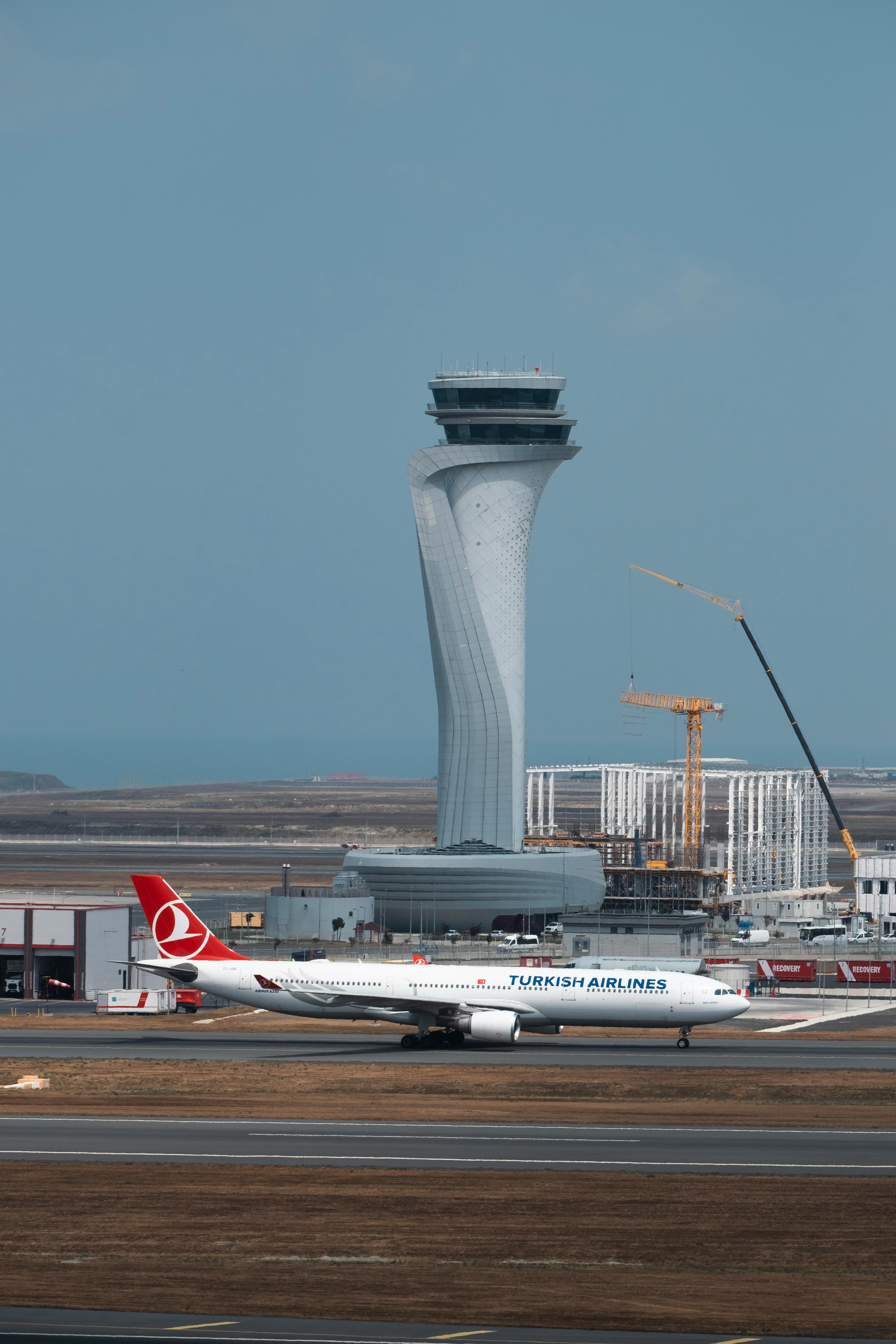
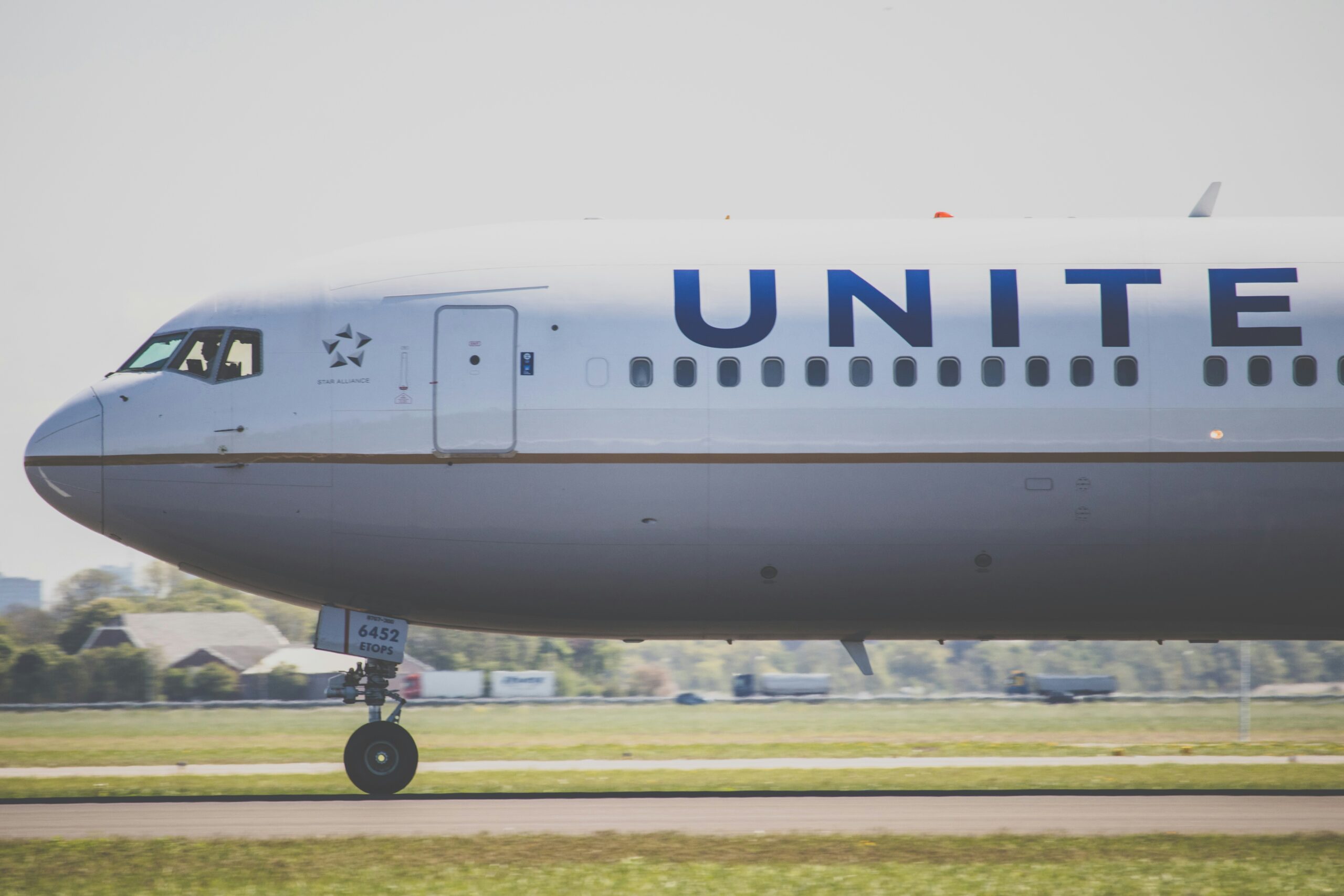
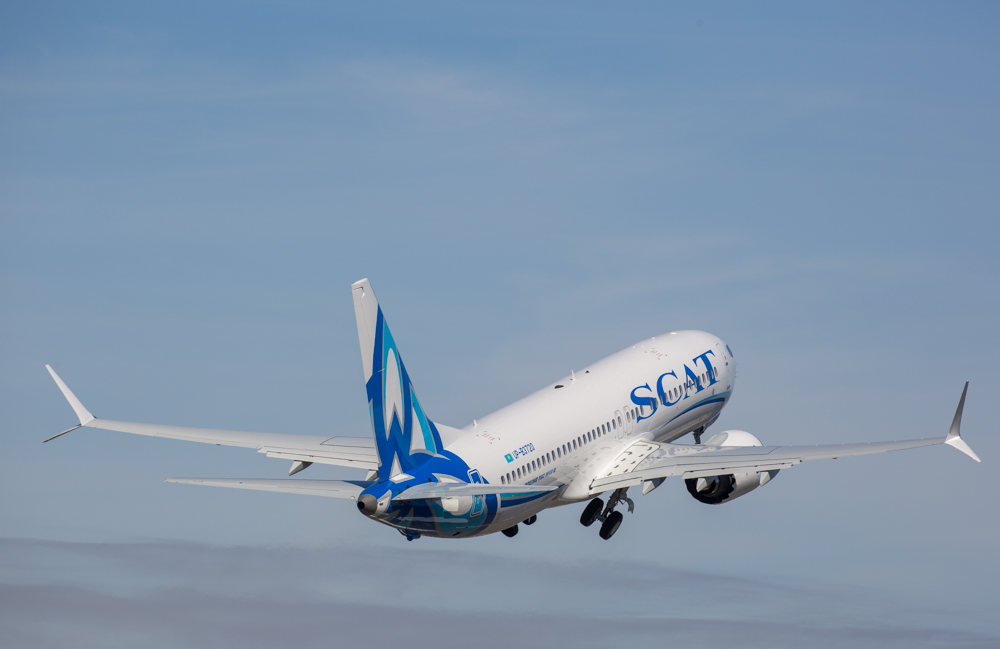
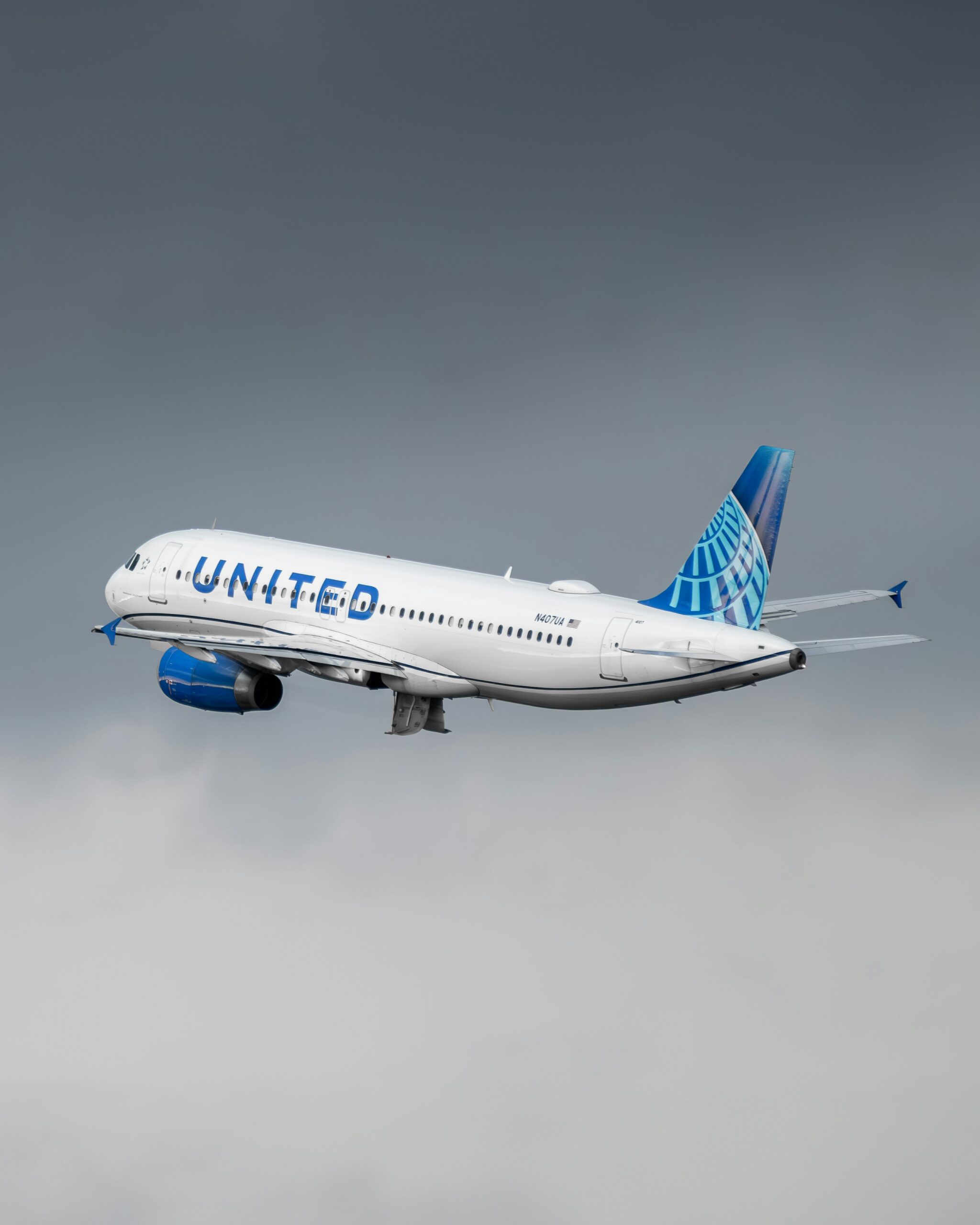




Leave a Reply